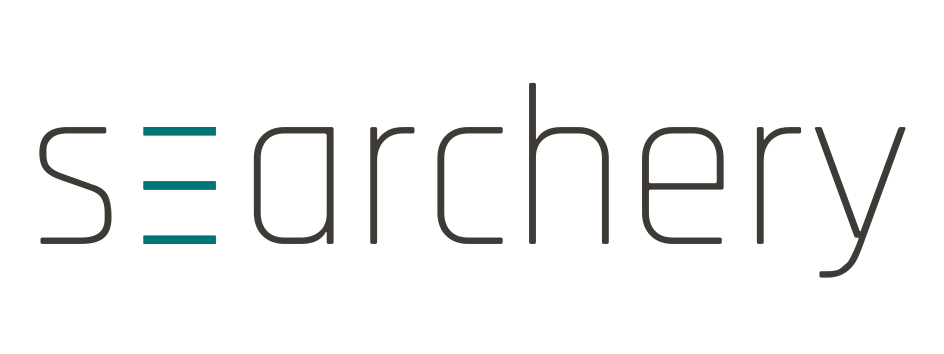The Evolution of Leadership:
Artificial Intelligence as a Booster for Effective Leadership
In an era of disruptive digital innovation, leaders are facing new challenges. The central role of artificial intelligence (AI) raises questions: How is it changing the modern understanding of leadership and can it contribute to the evolution of leadership? And which competences are crucial for a successful alliance between leaders and AI?
The use of AI offers enormous potential at all levels of the corporate world. In leadership, AI has an impact in various dimensions. On the one hand, regarding effective team leadership: AI enables optimized resource management, provides tools and platforms for improved communication, and supports leaders in identifying the individual needs and strengths of employees in order to offer tailored development plans and support. On the other hand, AI enables effective leadership by automating repetitive tasks in management functions, particularly in personnel administration, thus creating crucial capacity for strategic tasks AI also plays a strategic and creative role for executives: AI can be used to analyze large amounts of data and recognize patterns to support informed decision-making. And AI can help identify trends and potential risks at an early stage, enabling executives to proactively address challenges and take advantage of opportunities.
Targeted leadership development promotes the prudent use of AI in companies against the backdrop of business and ethical issues.
Artificial Intelligence requires special Leadership Competences
To successfully integrate AI into leadership work, technical competences in dealing with AI are required on the one hand, and creative and social leadership competences on the other:

- Digital competences: Digital (AI) literacy, i.e. a basic understanding of digital technologies and their possible applications, is essential. This includes knowing different AI solutions and being able to implement and implement use cases.
- Self-leadership competences: The ability to adapt to a changing world of work and to cope with new situations is crucial to fully exploit the potential of artificial intelligence.
- People leadership competences: A focus on values and empathy will become key competences. Leaders with empathic competences create an environment of trust, and ethical principles and human values are considered when AI is integrated into decisions and processes.
- Design competences: Identifying application scenarios for AI and using them effectively requires personal initiative and problem-solving competences, as well as strategic creativity.
If the successful alliance of leadership and artificial intelligence is achieved, AI can help to increase effectiveness, drive innovation and promote a dynamic and future-oriented leadership culture.
We advise you on the leadership competences that are crucial for the successful integration and further development of AI and how these can be meaningfully considered when filling and developing leaders.
Leadership that Shapes the Future – Our Services

Searchery Competence Framework

Competence-Based Recruiting

Leadership Development
Contact us

Philine Cremer
Partner, Düsseldorf

Nina Maywald
Partner, München

Henrike Simon
Associate Partner, München
